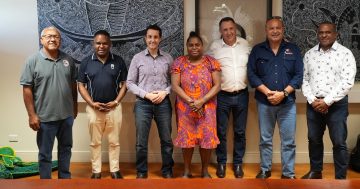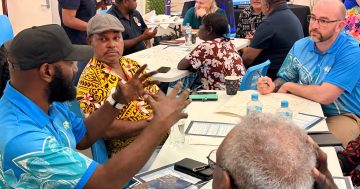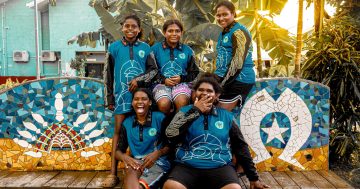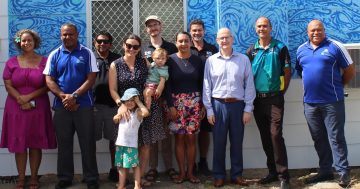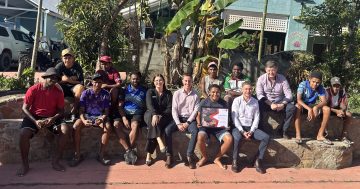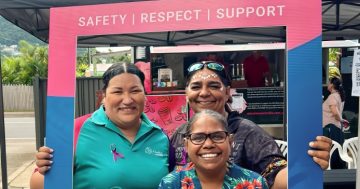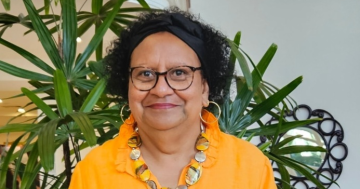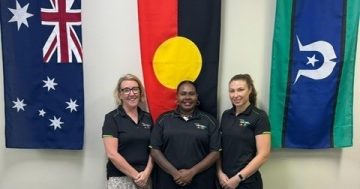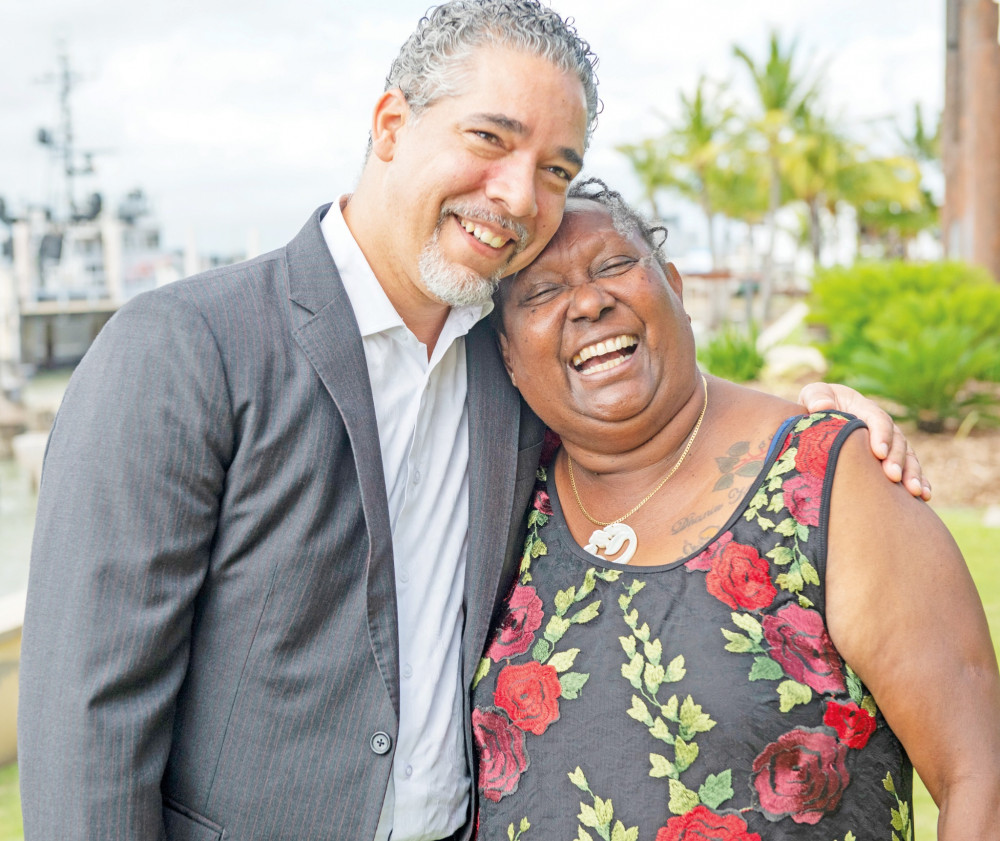
It follows more than 30 years of advocacy by Kupai Omasker Elders to allow Torres Strait Islanders raised by extended family to transfer their legal identity from birth parents to cultural parents.
Minister for Aboriginal and Torres Strait Islander Partnerships Craig Crawford officially opened applications for Meriba Omasker Kaziw Kazipa Cultural Recognition Orders at a ceremony in Cairns last Tuesday.
“This is a living act of reconciliation. It will enable more Torres Strait Islander people to experience and access the same basic rights to identity as every other Queenslander,” he said.
Kupai Omasker Working Party chairperson Ivy Trevallion, a longtime advocate for legal recognition of the cultural practice, said she was elated that applications are now open.
“I’m over the moon, it’s been a long-awaited process… (now we want to) make sure that our families get the proper assistance they require throughout the whole process and make sure that cultural safety is always at the forefront,” she said.
Once granted, the new Cultural Recognition Orders will have far reaching implications for issues such as inheritance, native title claims and access to government services.
“There are also issues of how this legislation will be incorporated into Native Title legislation… across the board it affects a number of pieces of legislation,” she said.
In September last year, The Meriba Omasker Kaziw Kazipa (Torres Strait Islander Traditional Child Rearing Practice) Act 2020 became the first piece of legislation to use traditional Islander languages in Queensland.
Meriba Omasker Kaziw Kazipa commissioner C’Zarke Maza will oversee the application process with powers to make a Cultural Recognition Order, which if granted, will enable a new birth certificate to be issued, and will transfer parentage of a child or adult to Cultural Parents.
“No longer will our Ailan Kastom be a reason for us, as Torres Strait Islander people to be marginalised in society,’’ he said.
“Torres Strait Islander families will now have an application process that will remove the many legal barriers and allow their cultural identity to reflect their legal identity and lived experience.
“Our priority now is to help individuals and families navigate the application process, so Torres Strait Islanders of all ages raised in extended families can access the same opportunities to enrol in school, access government support, pursue new opportunities and thrive.”


